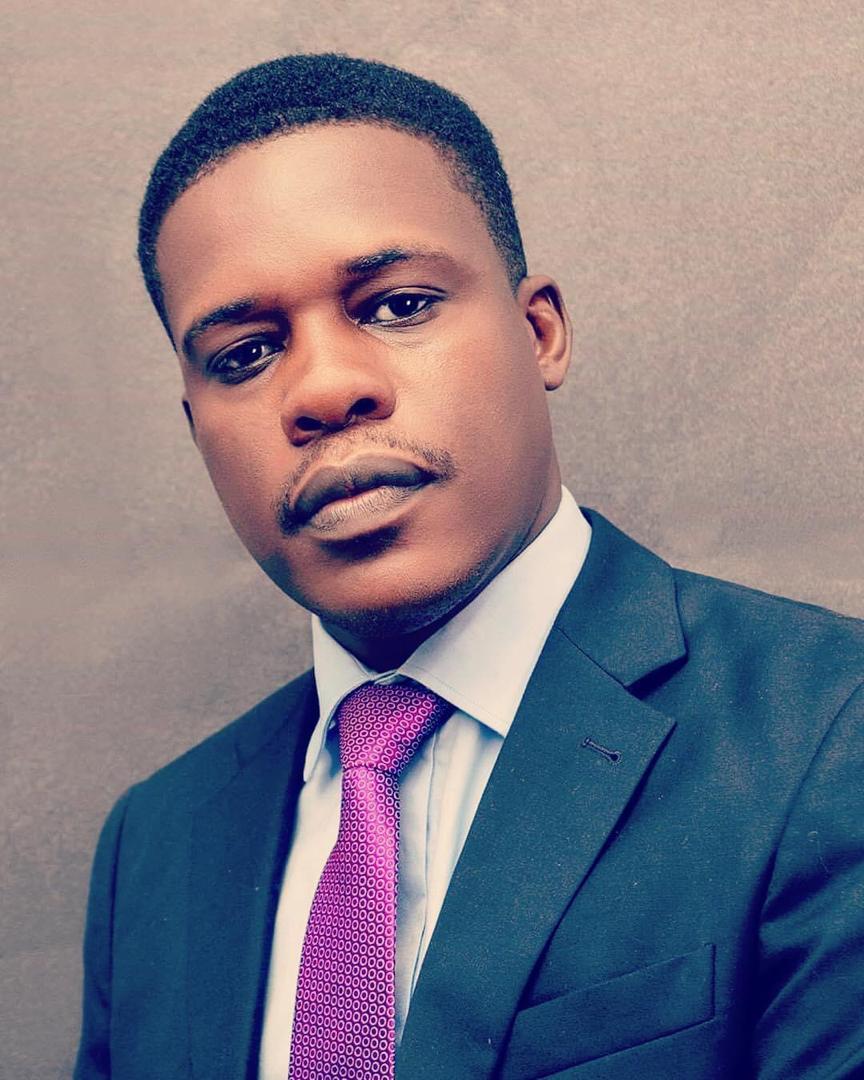10 Facts About Kwame Nkrumah
In celebration of Founder’s Day, here are 10 facts about Kwame Nkrumah.
1. He was placed under FBI surveillance during his last days in America due to his close association with radical idealism. The ideas of radicalism were formed when he stumbled upon Marcus Garvey’s writing. He also initiated correspondence with Marxist C.L.R. James
2. Kwame Nkrumah was once a preacher and actually earned a degree in Theology. He was found preaching in Presbyterian black churches in New York and Philadelphia.
3. Nkrumah embraced soviet ideas and often regarded himself as Africa’s Lenin. He won the coveted Lenin Peace prize in 1963.
4. Nkrumah initiated an education program that aimed to bridge the education gap between the southern and northern communities.
5. He formed his own political party that comprised of ordinary people, the youth and a cross-section of people from different trades. His aim was to gain self-governance now.
6. He was sent to jail with other political leaders like JB Danquah and Obetsebi Lamptey. His imprisonment came as a result of the 1948 riots which saw general discontent across the country.
7. There were several attempts to assassinate him. This was all in a bid to overthrow him. The famous assassination attempt was the bomb that detonated at Kulungugu. He barely escaped death but several others were killed.
8. Getting to the end of his rule, he became very paranoid and initiated several bills that sought to repress the opposition. The most famous edict was the Preventive Detention Act which jailed a lot of political oppositions.
9. In 1966, there was a coup in Ghana led by the military and police. He was in North Vietnam when the coup happened. There have been reports that he could not believe that people were happy when he was overthrown.
10. He wrote several books including an autobiography. He wrote a book chronicling his thoughts while in exile in Guinea; the book was titled “Dark Days In Ghana”. He never returned to Ghana.



